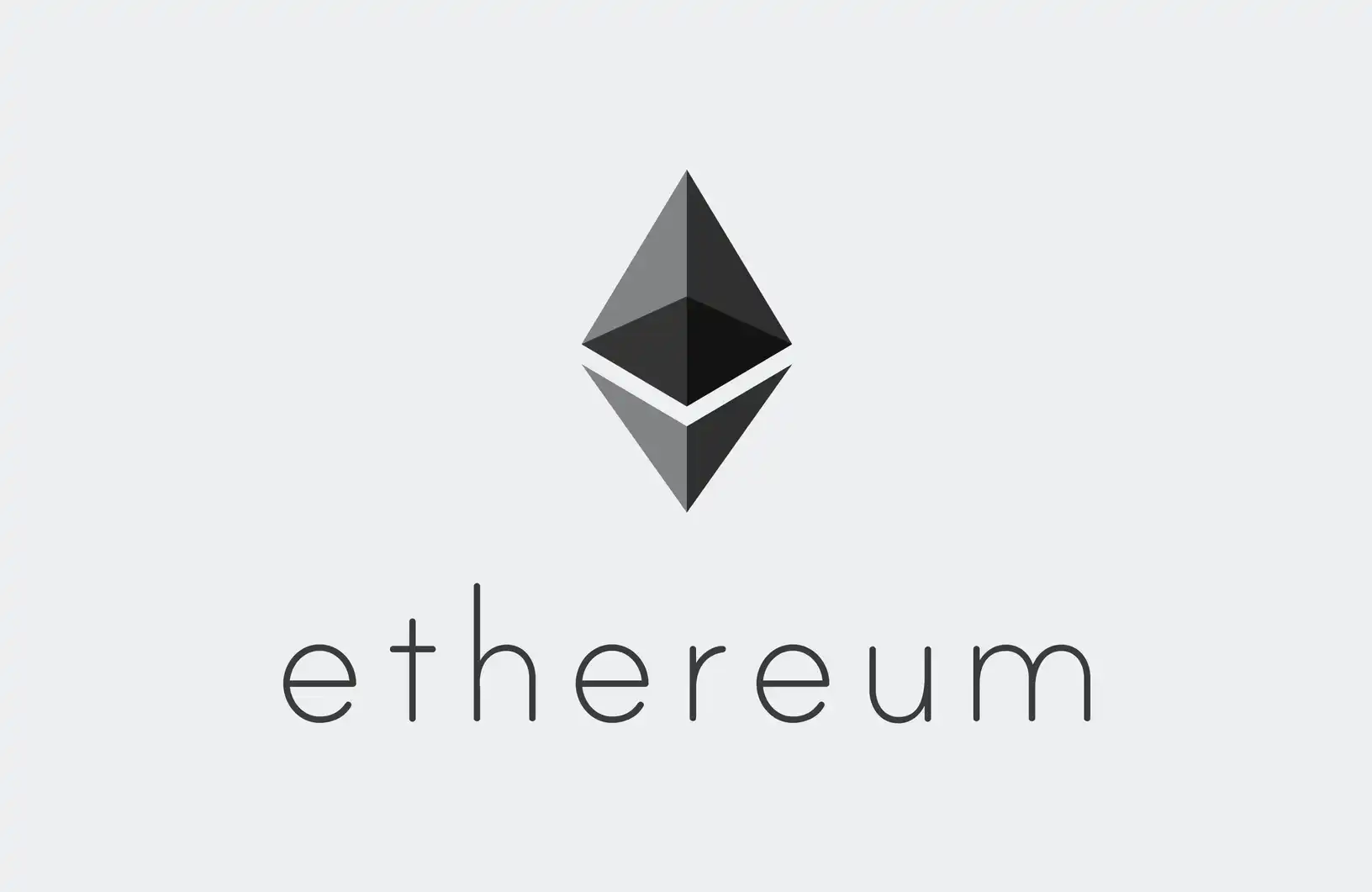The Trump Family's Crypto Bet: Strategic Implications of Eric Trump's Involvement in Metaplanet
- Eric Trump joins Metaplanet as strategic advisor, signaling institutional Bitcoin adoption amid Japan's regulatory reforms. - Japan's 2025 FIEA reforms and tax cuts (20% capital gains) position Bitcoin as a regulated reserve asset, tripling crypto AUM in two years. - Metaplanet's 210,000 BTC target by 2027 highlights Bitcoin's role in hedging inflation, with 7-12% yield outperforming traditional assets. - U.S. regulatory clarity (GENIUS Act, CLARITY Act) and global policy convergence reduce jurisdictiona
The Trump family’s foray into the crypto space has taken a high-stakes turn with Eric Trump’s appointment as a strategic advisor to Metaplanet, a Japanese Bitcoin treasury firm. This move, while politically charged, underscores a broader shift in how institutional investors are redefining Bitcoin’s role in corporate finance. Metaplanet’s aggressive acquisition strategy—aiming to hold 210,000 BTC by 2027—reflects a growing consensus that Bitcoin is no longer a speculative asset but a strategic reserve asset in a world grappling with inflation, currency devaluation, and regulatory uncertainty [1].
Japan’s regulatory environment has been pivotal in legitimizing this shift. The 2025 reforms, which reclassified digital assets under the Financial Instruments and Exchange Act (FIEA), have created a legal framework that treats Bitcoin as a tradable asset class. This clarity has spurred the launch of regulated Bitcoin ETFs and the expansion of the Nippon Individual Savings Account (NISA) to include crypto, projected to triple Japan’s crypto assets under management (AUM) within two years [1]. Tax incentives, including a reduction in capital gains tax from 55% to 20%, have further cemented Japan’s status as a crypto-friendly jurisdiction [1]. For Metaplanet, these reforms are not just regulatory tailwinds—they are a blueprint for scaling its Bitcoin treasury while attracting global capital.
Eric Trump’s involvement adds a layer of geopolitical and market credibility to Metaplanet’s ambitions. As a prominent figure with ties to both traditional finance and the crypto ecosystem, his advocacy aligns with the firm’s goal of bridging institutional and retail markets. His role as an ambassador for World Liberty Financial, a crypto project focused on financial inclusion, suggests a strategic alignment with Metaplanet’s mission to democratize access to Bitcoin [4]. However, the Trump name also introduces scrutiny, particularly in markets where political affiliations influence investor sentiment. This duality—legitimacy versus risk—highlights the delicate balance Bitcoin treasury firms must strike in a maturing regulatory landscape.
The U.S. regulatory environment, meanwhile, is undergoing its own transformation. The Trump administration’s Executive Order 14067 and the passage of the GENIUS Act have provided a framework for stablecoins and digital assets, reducing ambiguity for institutional investors [6]. The CLARITY Act’s proposed categorization of digital assets into commodities, securities, and stablecoins could further streamline adoption, though its passage remains contingent on congressional negotiations [5]. These developments mirror Japan’s approach, suggesting a global convergence toward structured, regulated crypto markets. For firms like Metaplanet, this alignment reduces jurisdictional risks and opens avenues for cross-border investment.
Corporate adoption of Bitcoin as a treasury asset has accelerated in 2025, with publicly traded firms now holding over 688,000 BTC, valued at $57 billion [3]. Japan’s Metaplanet and Remixpoint, alongside U.S. firms like MicroStrategy, exemplify a new breed of companies leveraging Bitcoin to hedge against inflation and diversify balance sheets. Metaplanet’s issuance of BTC-backed perpetual preferred equity—yielding 7–12%—has outperformed traditional fixed-income instruments, demonstrating the asset’s utility beyond speculative trading [4]. Such strategies are particularly compelling in a low-yield environment, where traditional assets offer diminishing returns.
Yet, the investment potential of Bitcoin treasury firms is not without risks. Regulatory shifts, while generally supportive, remain subject to political cycles and enforcement priorities. For instance, the SEC’s continued emphasis on compliance for tokenized securities and ETPs underscores the need for robust governance frameworks [3]. Additionally, the volatility of Bitcoin’s price—despite its growing institutional adoption—means that treasury strategies must balance long-term value with short-term liquidity needs.
For investors, the key lies in evaluating firms that combine regulatory foresight with operational discipline. Metaplanet’s aggressive acquisition targets, paired with Japan’s stable policy environment, position it as a bellwether for the sector. However, diversification across jurisdictions and asset types—such as dual-asset ETFs combining Bitcoin with stablecoins like JPYC—may mitigate risks while capturing growth [1]. The rise of yen-backed stablecoins, pegged to government bonds and bank reserves, further enhances Japan’s appeal as a hub for institutional crypto activity [1].
In conclusion, Eric Trump’s role in Metaplanet is emblematic of a broader trend: the institutionalization of Bitcoin as a core asset class. While the Trump family’s political footprint introduces unique dynamics, the underlying fundamentals—regulatory clarity, tax incentives, and corporate adoption—suggest a maturing market with enduring appeal. For investors, the challenge is to navigate the interplay between innovation and oversight, ensuring that the next phase of crypto growth is as resilient as it is ambitious.
Source:
[1] Japan's Crypto Policy Shifts and Market Reforms as a Catalyst for Institutional Adoption
[2] Bitcoin-focused Metaplanet appoints Eric Trump to ...
[3] Corporate Bitcoin Holdings Hit Record High in Q1 2025 as Public Companies Accelerate Accumulation
[4] The Rise of Bitcoin as Corporate Treasury Asset: Japan's Institutional Revolution
[5] Mid-Summer Developments in Crypto Legislation and Regulatory Guidance
[6] 2025 Regulatory Preview: Understanding the New US Approach
Disclaimer: The content of this article solely reflects the author's opinion and does not represent the platform in any capacity. This article is not intended to serve as a reference for making investment decisions.
You may also like
Bitcoin risks return to low $80K zone next as trader says dip 'makes sense'

Bitcoin ‘risk off’ signals fire despite traders’ view that sub-$100K BTC is a discount

Bitcoin’s end-of-year run to $100K heavily depends on Fed pivot outcomes

Ethereum’s major 2025 upgrade completed: a faster and cheaper mainnet has arrived
On December 4, Ethereum's second major upgrade of the year, Fusaka (corresponding to Epoch 411392), was officially activated on the Ethereum mainnet.
